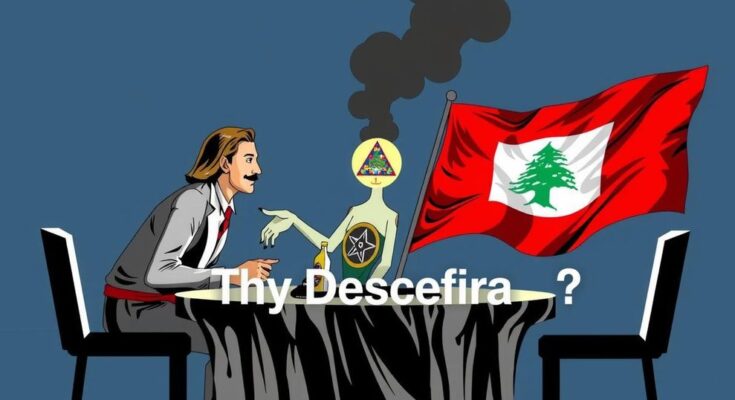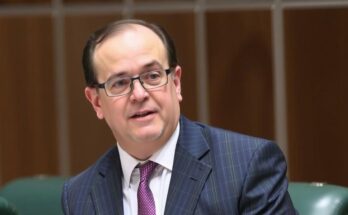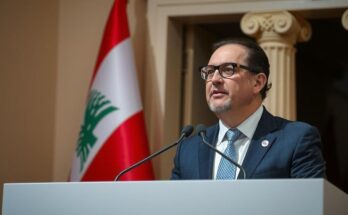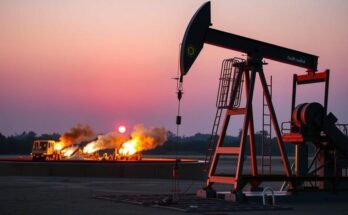Iran has proposed to limit its uranium enrichment to avert a resolution against it at the IAEA. The offer depends on the West halting its push for censure. Concerns persist regarding Iran’s nuclear ambitions following reported increases in its stockpile. Western nations maintain pressure for renewed negotiations after the 2015 nuclear deal’s collapse.
In a bid to mitigate diplomatic tensions regarding its nuclear program, Iran has proposed to cap its stockpile of uranium enriched to 60 percent purity, a level close to weapons-grade. This offer is contingent upon Western powers, principally France, Germany, and Britain, abandoning their plans to pass a resolution against Iran at the upcoming meeting of the International Atomic Energy Agency (IAEA). Despite these overtures, diplomats from Western countries remain skeptical, viewing this maneuver as a tactical effort by Iran to avoid international censure. The IAEA has reported that Iran’s stock of enriched uranium increased recently, heightening concerns over its nuclear ambitions. The pressure from Western nations aims to prompt Iran to return to nuclear negotiations following the breakdown of the 2015 nuclear agreement, which placed extensive limitations on its nuclear activities.
The negotiations surrounding Iran’s nuclear program have been a subject of intense scrutiny and diplomatic efforts, especially following the United States’ withdrawal from the 2015 nuclear deal under President Donald Trump in 2018. With the ‘termination day’ of the accord approaching in October 2024, Western nations are keen to reinstate dialogue and secure a new agreement that would impose strict controls on Iran’s nuclear development. The ongoing discussions at the IAEA’s Board of Governors reflect the delicate balance of power and the urgency to address the perceived risks of a nuclear-armed Iran.
In summary, Iran’s proposal to limit its enriched uranium stockpile is a strategic move designed to influence ongoing diplomatic discussions and minimize international backlash. However, Western diplomats remain doubtful of Iran’s intentions, fearing that such offers may merely delay necessary action against its nuclear progress. The upcoming IAEA meeting will be crucial in determining the future of Iran’s engagement with the global community and the potential revival of its nuclear negotiations.
Original Source: www.arabnews.com




